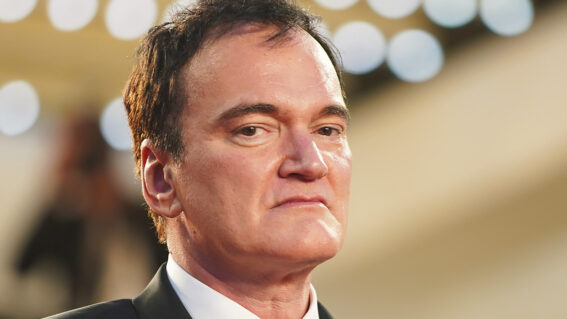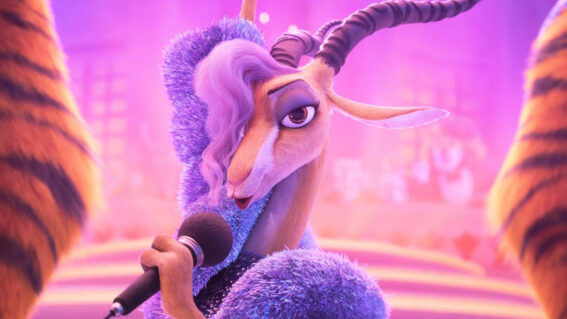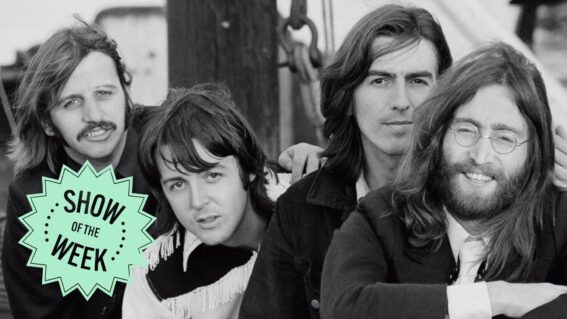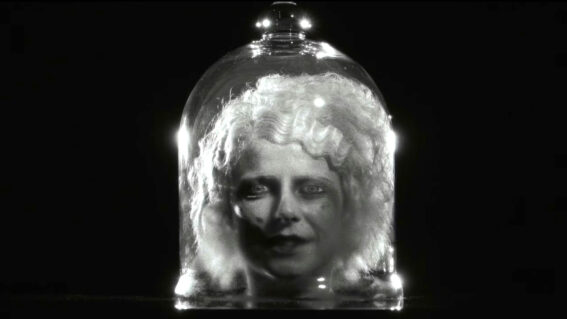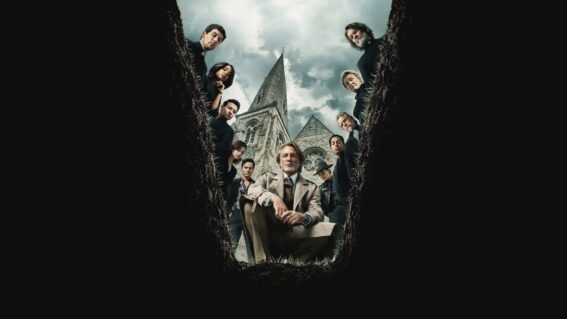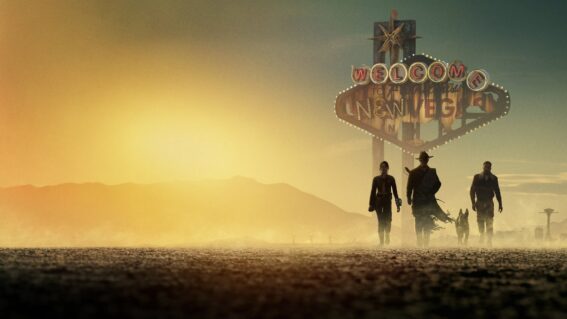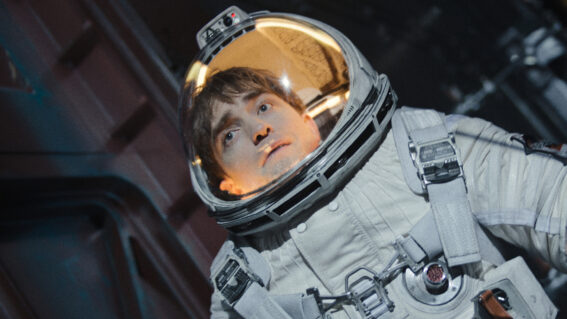The Jurassic movies won’t go meta, because it’d expose the real monster
Like its predocessors, Jurassic World Rebirth refuses to go fully meta. The reason is because this would mean confronting the real monster: corporate greed.

Do dinosaurs have extreme halitosis? Like, really bad, back-from-extinction halitosis, which is like saying back from the dead halitosis? The mind wanders during these Jurassic Park movies. Or in recent times, these Jurassic World movies. The most obvious mistake Jurassic World Rebirth makes is retaining that middle word in the title. It reminds us of what director Gareth Edwards wants everybody to forget: the three most recent installments—Jurassic World, Jurassic World: Fallen Kingdom, and Jurassic World: Dominion—all starring Chris Pratt and Bryce Dallas Howard, and all resoundingly “meh.”
The Jurassic movies have always been coat hangers for special effects. Steven Spielberg’s 1993 original is an effects showcase, but a bloody good one, because it evokes a genuine sense of wonder. Who could forget that lovely early reveal of the Brachiosaurus, with Sam Neill and Laura Dern gawking slack-jawed while Jeff Goldblum looks on from the jeep (“that crazy son of a bitch did it!”) and John Williams’ score swells. In this moment, the characters received something from the past—dinosaurs returned to life!—and the audience a vision of the future, the film’s game-changing effects heralding a new era of digital whizbangery.
Rebirth is another movie in which at least one person will look up and say “wow!” But the context has changed, in the narrative world and in ours. In our reality, each new installment in the franchise fights against a “play it again, Sam” reaction. In the characters’ world, dinosaurs are no longer the “it” thing; the public has tired of them. This is melancholically reflected through a sad image, near the start, of a massive dinosaur having escaped from a zoo, now blocking traffic.
Scarlett Johansson leads the cast as Zora Bennett, a mercenary hired by an unscrupulous corporate type from Big Pharma (Rupert Friend) to retrieve dinosaur DNA from a dangerous and forbidden (but very pretty) island where most of them now live. There’s of course a Jeff Goldblum and Sam Neill-adjacent scientist character, Dr. Henry Loomis (Jonathan Bailey), who is not cut out for this work; that’s why there’s also Zora’s old associate Duncan Kincaid (Mahershala Ali). We know he’s tough because he’s introduced at a bar, having just won a round of cards. Duncan delivers lines like “this work, it breaks you eventually.”
En route to the island, Zora’s team picks up a small group of shipwrecked holidaymakers, triggering an ocean-based set piece involving a Mosasaurus: a freakin’ large water creature, kind of like a crocodile crossed with a whale. This scene could be read as a two-pronged Spielberg homage, saluting the tone of his original movies while also delivering a mini ocean creature feature, arriving nicely timed to coincide with Jaws’ 50th birthday.
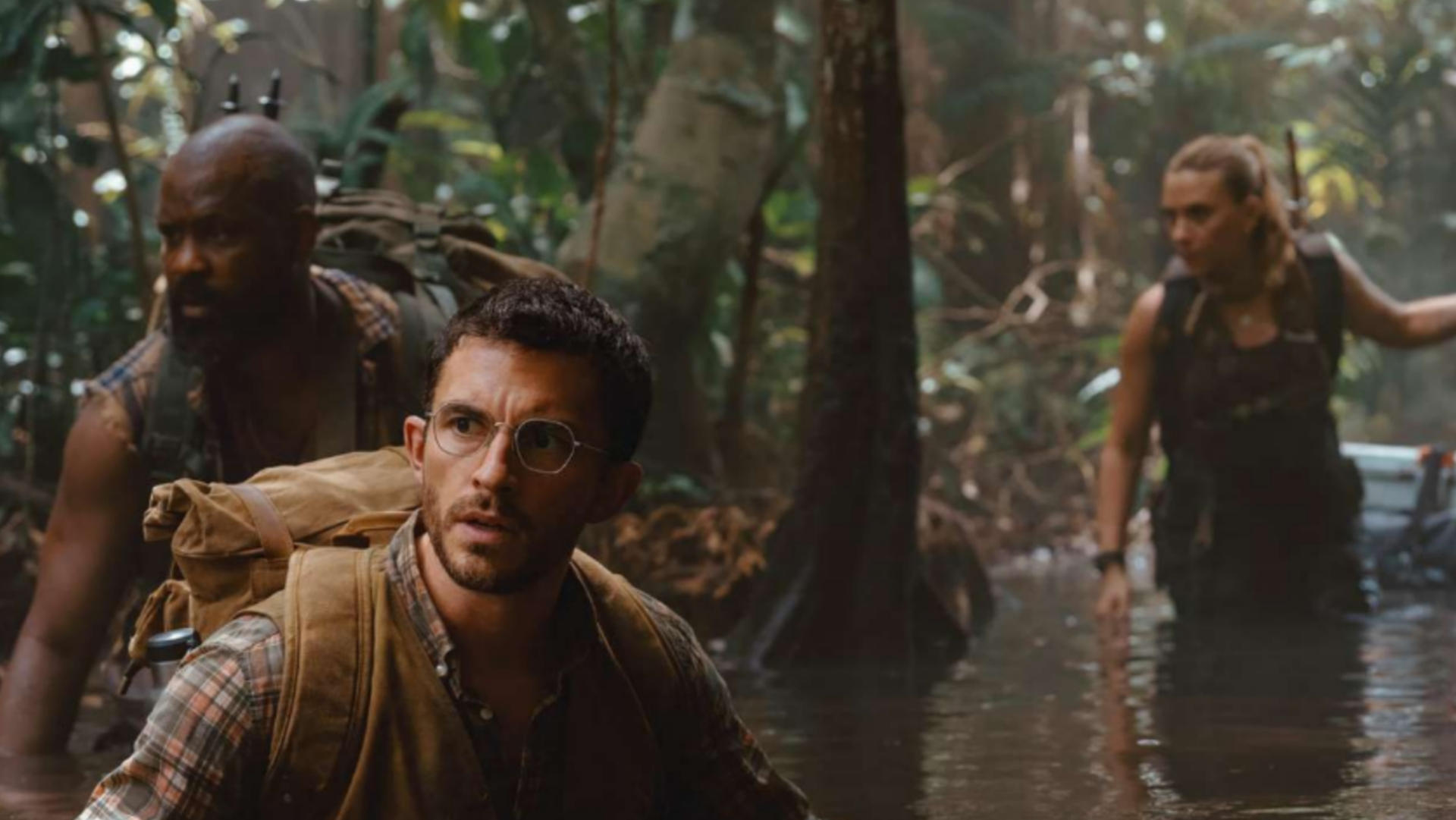
Rebirth is unusually restrained for a movie about genetically altered MUTANT DINOSAURS (two words that should always be written in capital letters). I kept waiting for that money shot of a two-headed Tyrannosaurus rex; alas, there were none. It’s in this context of mutant dinosaurs—sorry, MUTANT DINOSAURS—that Rupert laments: “the audience got tired of normal dinosaurs.”
This line continues the aforementioned tradition, of moments so half-heartedly meta you might wonder why they were included in the first place. Other examples include Bryce Dallas Howard declaring in Jurassic World that “no one’s impressed by a dinosaur anymore.” And my personal favourite, from The Lost World, which reads ordinary on paper but oozes perfection when it comes out of Goldblum’s mouth: “Ooh! Ah! Is how all this starts. But later there’s running and screaming.”
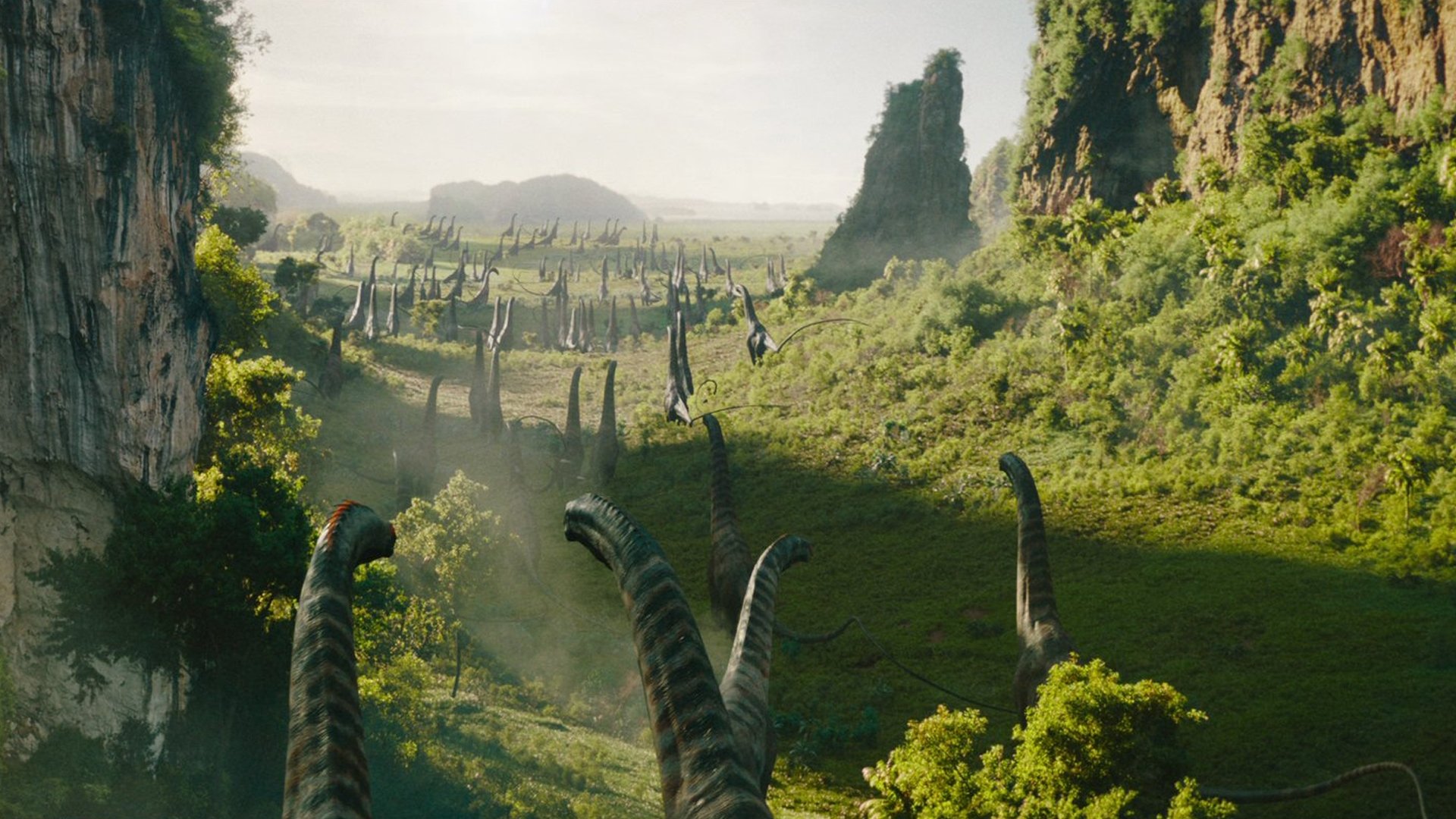
No Jurassic director ever takes these meta or quasi-meta elements anywhere interesting. They gesture in the self-conscious, self-referential direction, then quickly change tack—like a person reaching out to shake your hand only to pull back at the last moment.
Perhaps they all realise that a real meta commentary would involve acknowledging an obvious truth, and extinction-level irony: that bringing dinosaurs back from extinction, and refusing to let the franchise itself die, come from the same place: corporate greed. That’s the real monster in these movies. Thus, the tendency for storytellers to hint at the moral dangers of capitalism then very quickly turn in another direction—to the snarling monster with killer halitosis, or the cute creature that could have its own toy line. Best not to think about why these movies are really made or who they’re serving. Pay no attention to the man behind the curtain.









